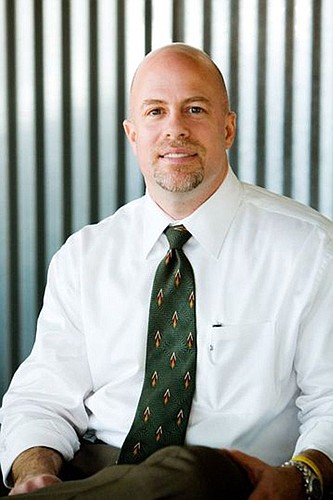
When the chief justice of the Florida Supreme Court speaks, people listen.
When he writes, they really listen.
On Tuesday, Chief Justice Jorge Labarga signed an eight-page administrative order that re-established the Florida Commission on Access to Civil Justice as one of the court’s standing committees.
Formed in November 2014, the commission expired June 30.
Thousands of Floridians struggling to make ends meet, including many residents with moderate incomes, still face barriers when they seek access to civil justice, Labarga said when he signed the order.
So the work to bring down those barriers must continue, he added.
The permanent commission will “study the remaining unmet civil legal needs of disadvantaged, low income and moderate income Floridians,” the order states.
The order directs the commission to examine the issue from all perspectives and consider the viewpoints of all entities involved in civil justice, including staffed legal aid programs, pro bono services, resources provided to help people who choose to –– or must — represent themselves, technology solutions and “other models and potential innovations.”
Labarga will chair the 23-member commission through mid-2018.
West Palm Beach attorney Gregory Coleman, a past president of The Florida Bar, will serve as chair of the commission’s executive committee.
Coleman said the group will continue to educate businesses and engage them to help in the cause and pledged to help build on the progress made by the temporary commission.
Other members include judges and attorneys from all judicial circuits in the state, a federal judge, a trial court clerk, a law school dean, a legal aid director and the chief counsel for Walt Disney Co.
The Florida Bar will provide staff support, working in cooperation with the Office of the State Courts Administrator.
Jacksonville Area Legal Aid has been for decades on the front lines in the equal access to justice movement.
Jim Kowalksi, its executive director, is an original member of the commission.
He believes the effort will now focus on people who represent an important segment of Florida’s economy and who could be the most impacted by lack of access to legal representation: those who work in the tourism and service sectors.
“Many people who work in those industries make lower salaries. They need legal representation but can’t afford it nor can they afford to take a day off from work to go to court,” he said. “Our next effort will be to communicate that issue to the business community.”
For more information, visit flaccesstojustice.org.
(904) 356-2466